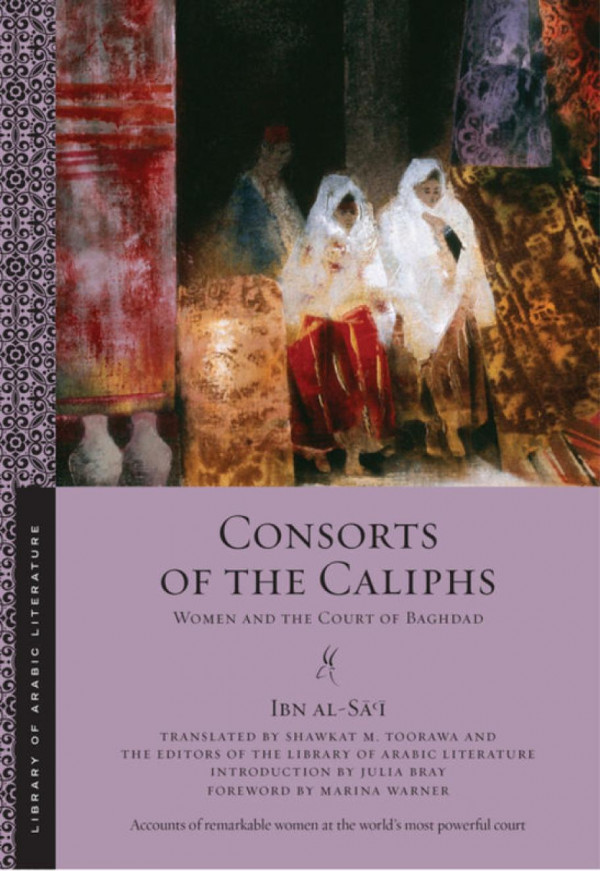

Most ebook files are in PDF format, so you can easily read them using various software such as Foxit Reader or directly on the Google Chrome browser.
Some ebook files are released by publishers in other formats such as .awz, .mobi, .epub, .fb2, etc. You may need to install specific software to read these formats on mobile/PC, such as Calibre.
Please read the tutorial at this link: https://ebookbell.com/faq
We offer FREE conversion to the popular formats you request; however, this may take some time. Therefore, right after payment, please email us, and we will try to provide the service as quickly as possible.
For some exceptional file formats or broken links (if any), please refrain from opening any disputes. Instead, email us first, and we will try to assist within a maximum of 6 hours.
EbookBell Team

0.0
0 reviewsAccounts of remarkable women at the world's most powerful court
Consorts of the Caliphs is a seventh/thirteenth-century compilation of
anecdotes about thirty-eight women who were consorts to those in power, most of
them concubines of the early Abbasid caliphs and wives of latter-day caliphs
and sultans. This slim but illuminating volume is one of the few surviving
texts by the prolific Baghdadi scholar Ibn al-Sa'i,
who chronicled the academic and political elites of his city in the final years
of the Abbasid dynasty and the period following the cataclysmic Mongol invasion
of 656 H/1258 AD.
In this work, Ibn al-Sa'i is keen to
forge a connection between the munificent wives of his time and the storied
lovers of the so-called golden age of Baghdad. Thus, from the earlier period,
we find Harun al-Rashid pining for his brother’s beautiful slave, Ghadir, and
the artistry of such musical and literary celebrities as Arib and Fadl, who
bested the male poets and singers of their day. From times closer to Ibn al-Sa?i’s own, we
meet women such as Banafsha, who endowed law colleges, had bridges built, and
provisioned pilgrims bound for Mecca; slave women whose funeral services were
led by caliphs; and noble Saljuq princesses from Afghanistan.
Informed by the author’s own sources, his
insider knowledge, and well-known literary materials, these singular
biographical sketches bring the belletristic culture of the Baghdad court to life,
particularly in the personal narratives and poetry of culture heroines
otherwise lost to history.